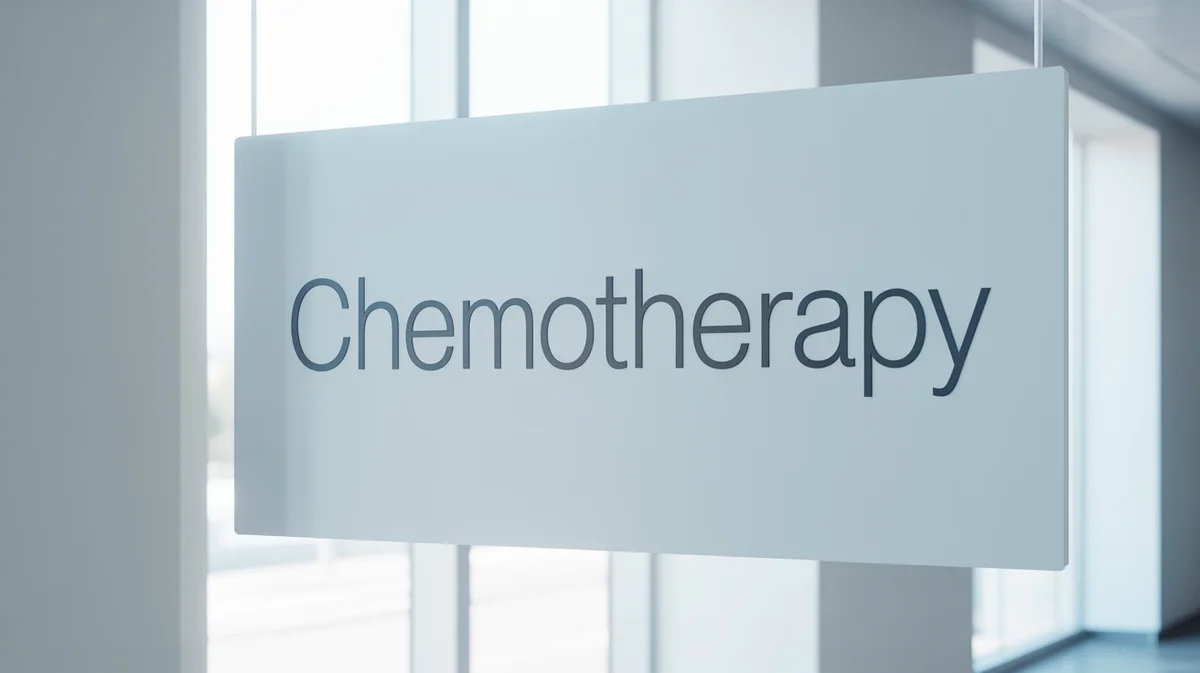Chemotherapy

Chemotherapy has been hailed as an essential treatment for various cancers. It's known to be beneficial in slowing down the healing phase of cancer growth and acts as an effective anti-inflammatory. This anti-inflammatory effect is crucial in keeping brain swellings, often the real culprits in the healing phase, at bay.
There's a school of thought, which the author belongs to, that believes chemotherapy might appear effective primarily because patients have already addressed the emotional triggers of their illness.
However, there's growing evidence suggesting that these cytotoxic treatments might be less effective than placebo treatments. Shockingly, some studies indicate that patients undergoing these treatments have lower long-term survival rates compared to those who abstain from any treatment.
Witnessing a loved one undergo chemotherapy can be a harrowing experience. The adverse effects of treatments - vomiting, hair loss, severe weight loss - can be distressing for both the patient and their family. These treatments can push individuals to the brink of their endurance.
It's revealing that numerous oncologists, having observed the harrowing effects of chemotherapy, would opt against this treatment for themselves or their family. Some studies even indicate that one-fourth of all cancer-related deaths are attributable to chemotherapy and related treatments, making the cure more detrimental than the disease itself.
The author clearly states their stance against chemotherapy, urging readers to be informed and weigh the pros and cons of such treatments. For a more detailed perspective on this, you can read more here.
Additional studies have highlighted alarming findings:
- Research suggests patients undergoing systemic anti-cancer treatments may have a shorter lifespan compared to those not undergoing any treatment.30383-7/abstract)